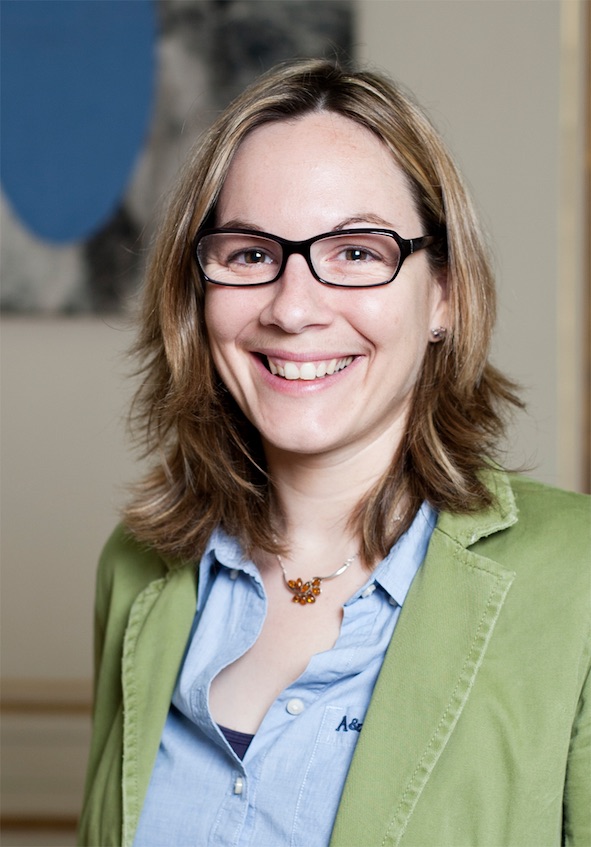Julie GAVARD - CRCI2NA - Nantes
-
On 25 February 2022Amphi Denis Escande avec pass vaccinal
+ visiofalse false -
11h30
Paracrine signaling in the brain tumor vascular niche
Paracrine signaling in the brain tumor vascular niche
Julie GAVARD, PhD
Chercheuse CNRS, Inserm UMR1307/CNRS UMR 6075, CRCI2NA
Abstract
Our team is interested in deciphering how tumor cells pirate basic signaling pathways to sustain their survival and unlimited proliferation, as well as the way in which they interact within their ecosystem, with a specific emphasis on tumor vascular network. We aim at elucidating the molecular mechanisms and post-translational modifications involved in non-oncogene addiction and life-and-death decisions to both intrinsic deviated signaling pathways and extrinsic factors, in high-grade incurable brain tumors. Glioblastoma Stem-like Cells (GSCs) have been found in the vicinity of brain endothelial cells, suggesting that functional and reciprocal interactions take place in the tumor vascular niche. In this scenario, the endothelium not only supplies oxygen and necessary nutrients, but also seeds a protective microenvironment for tumor growth. Conversely, tumor-derived secreted factors, released as soluble factors and/or embedded in extracellular vesicles (EVs) may convey messages to the surrounding endothelial compartment that might culminate to vascular dysfunctions, such as increase in permeability and/or remodeling.
Our project combines high throughput unbiased screens (genetic, lipidomic and proteomic) with classical biochemistry and cell biology, as well as integrated models (mouse models and clinical data) to explore intracellular signaling and cell communication. We anticipate that our results will increase our knowledge on basic signaling mechanisms involved in tumor initiation, progression and resistance, and may help the design of new strategies to face human cancers.
Biography
Julie Gavard received her PhD from University Pierre Marie Curie for her work on cell-cell adhesion at the neuromuscular junctions. She joined the NIH in Silvio Gutkind’ lab and discovered the molecular mechanisms by which angiogenic factors modulate the endothelial barrier. In 2008, she was appointed permanent researcher at CNRS and rapidly established an independent team at the Institute Cochin, Paris. In 2012, Julie Gavard was given the honorary Bronze Medal from CNRS. She moved to CRCINA Nantes in 2015 and established the SOAP team, under the auspices of a Connect Talent award. Her research focuses on the signaling mechanisms involved in non-oncogene addiction and loss of vascular homeostasis, and had notably established a robust in vitro co-culture model of brain tumor patient-derived cells with human brain endothelial cells.






